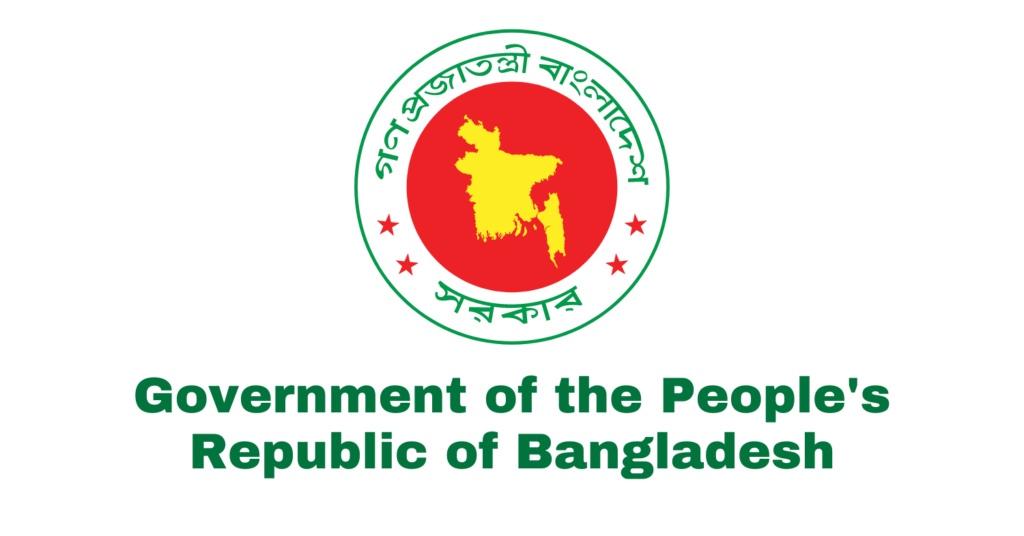Govt. New 50:50 Promotion Policy for Deputy Secretary and Joint Secretary Posts
Govt. Introduces New Promotion Policy for Deputy Secretary and Joint Secretary Posts
In a bid to enhance transparency and meritocracy in the promotion process of key administrative posts, the Public Administration Reform Commission (PARC) has announced that the promotions to the Deputy Secretary and Joint Secretary positions will now be based on examinations. This reform aims to ensure that only qualified officers can be elevated to these significant roles, fostering a competitive and efficient public administration system.
New Promotion Structure: 50% Administration Cadre, 50% Other Cadres
Currently, the promotion system has a quota where 75% of the promotions to the Deputy Secretary position are allocated to officers from the Administration Cadre, and only 25% is reserved for officers from other cadres. However, under the new proposal, this quota will be revised to ensure a more balanced approach. Both the Administration Cadre and other cadres will now have a 50% share in the promotion opportunities for the Deputy Secretary role. This move is expected to create more opportunities for officers from other sectors, thereby making the administration more diverse and competitive.
The decision was disclosed during a meeting between the media and the members of the Reform Commission, including its Chairman, Abdul Muyeed Chowdhury, and Member Secretary, Mohammad Mokhlesur Rahman. The Commission elaborated that the shift toward a merit-based promotion process is part of broader administrative reforms aimed at improving the efficiency and inclusiveness of the public sector.

The Role of Examinations in Promotion
As per the new policy, no officer will be promoted to the positions of Deputy Secretary or Joint Secretary without passing an official examination. The Public Service Commission (PSC) will conduct this exam, and candidates will need to score at least 70 marks to qualify for promotion. The exams will evaluate the knowledge, competency, and readiness of candidates for these senior roles. This means that officers from all cadres, including those outside the Administration Cadre, will have to prove their competence through a rigorous examination process.
Abdul Muyeed Chowdhury emphasized that this new system will apply only to the Deputy Secretary and Joint Secretary roles for now. Higher-level positions, such as the Secretary, will continue to be subject to government discretion regarding promotion procedures. This ensures that the reforms are introduced gradually and without disrupting the administrative hierarchy entirely.
Competitive Environment for Public Servants
One of the primary objectives of this reform is to instill a sense of competition and professional accountability among public servants. By introducing a fair and transparent system where candidates from different cadres compete on an equal footing, the Commission aims to ensure that only the most qualified and dedicated officers are entrusted with leadership roles.
The new system is likely to bring a positive shift for officers from non-administrative cadres, such as Customs, Police, and others, who have traditionally faced limited promotion opportunities compared to their counterparts in the Administration Cadre. This change will open up new possibilities for these officers to advance to high-level positions, provided they demonstrate the necessary skills and capabilities through the exam process.
Police Verification and Other Administrative Reforms
In addition to the promotion reforms, the Commission has also recommended the removal of the police verification requirement for public servants. The Commission believes that the police verification process often causes unnecessary delays and complications, hindering the efficient recruitment and promotion of officers. By eliminating this step, the Commission hopes to streamline the process, making it faster and less cumbersome.
These changes, if implemented, will bring about significant improvements in the functioning of government agencies. The aim is to create a work environment where public servants are not only highly competent but also ethically sound, ensuring a higher level of public trust in the administration.
Looking Ahead: What This Means for the Future of Governance
The new promotion system represents a critical shift in the government’s approach to managing its administrative workforce. While the changes are expected to take some time to implement fully, they hold the promise of a more capable and accountable civil service. By prioritizing merit and competence over seniority or cadre affiliation, the government hopes to foster an environment where public servants strive to deliver exceptional service to the people.
These reforms will likely have far-reaching implications for the public sector, transforming the administrative landscape by encouraging continuous professional development and greater transparency. Officers will now have a clear pathway for advancement based on their performance, rather than simply their tenure in a particular cadre. This will likely result in a more dynamic, motivated, and effective public administration system.
The Ministry of Public Administration has indicated that more details about the new promotion process and other administrative reforms will be released in the coming months. These announcements will provide clarity on the exact procedures for implementation and offer further insights into the government’s long-term vision for administrative reform.
The decision to implement examination-based promotions for Deputy Secretary and Joint Secretary roles marks a significant step toward a more transparent, merit-based civil service system in Bangladesh. The 50% quota allocation for both the Administration Cadre and other cadres ensures a fairer distribution of opportunities for all officers, enhancing the competitiveness of the public administration system. Along with the removal of police verification and other reforms, these measures are set to bring about a major transformation in the way government services are delivered, benefiting both public servants and the citizens they serve.





